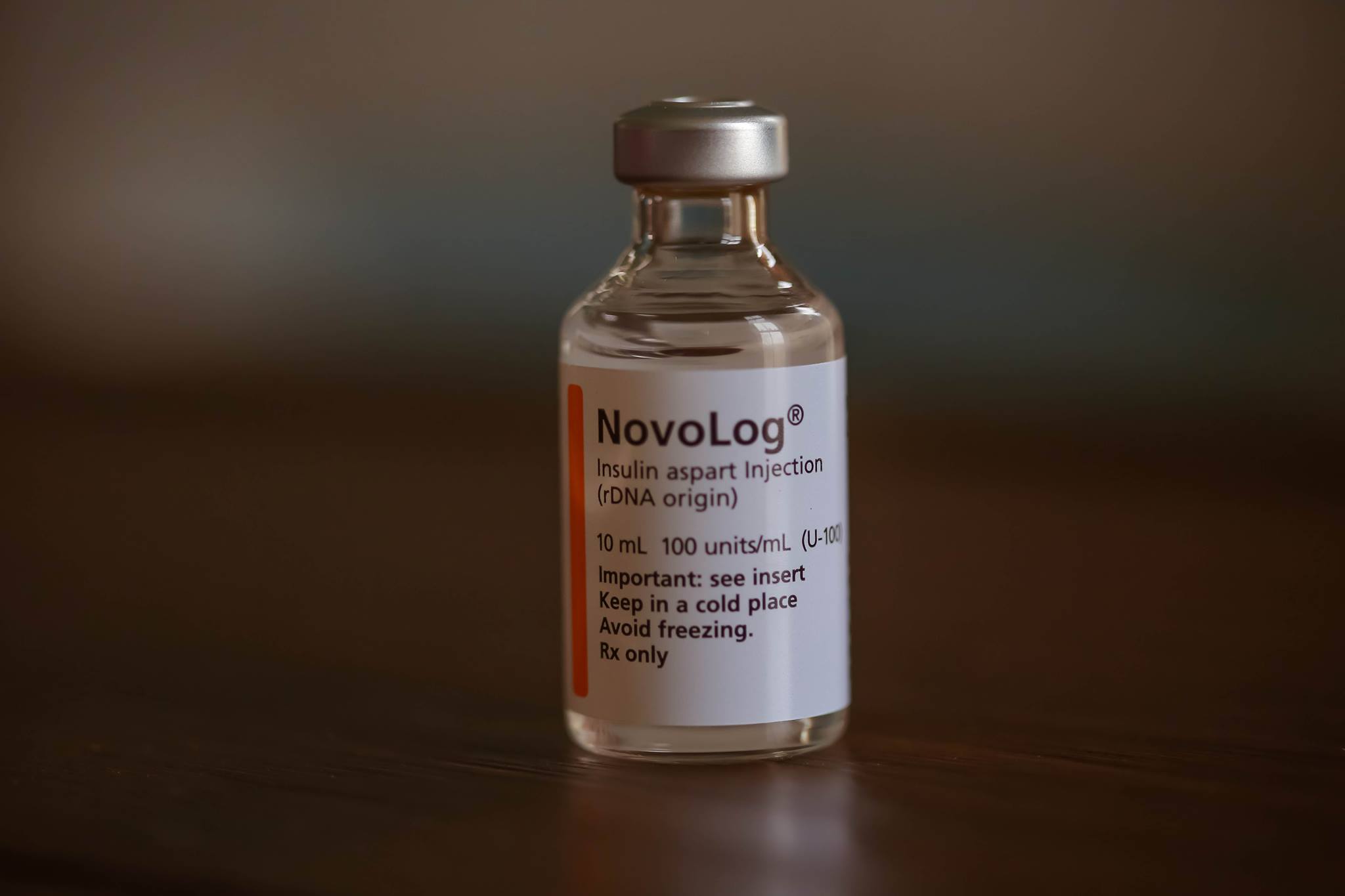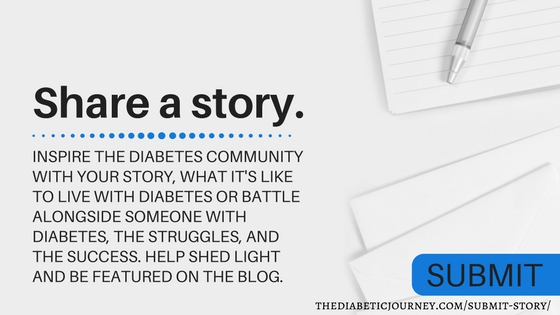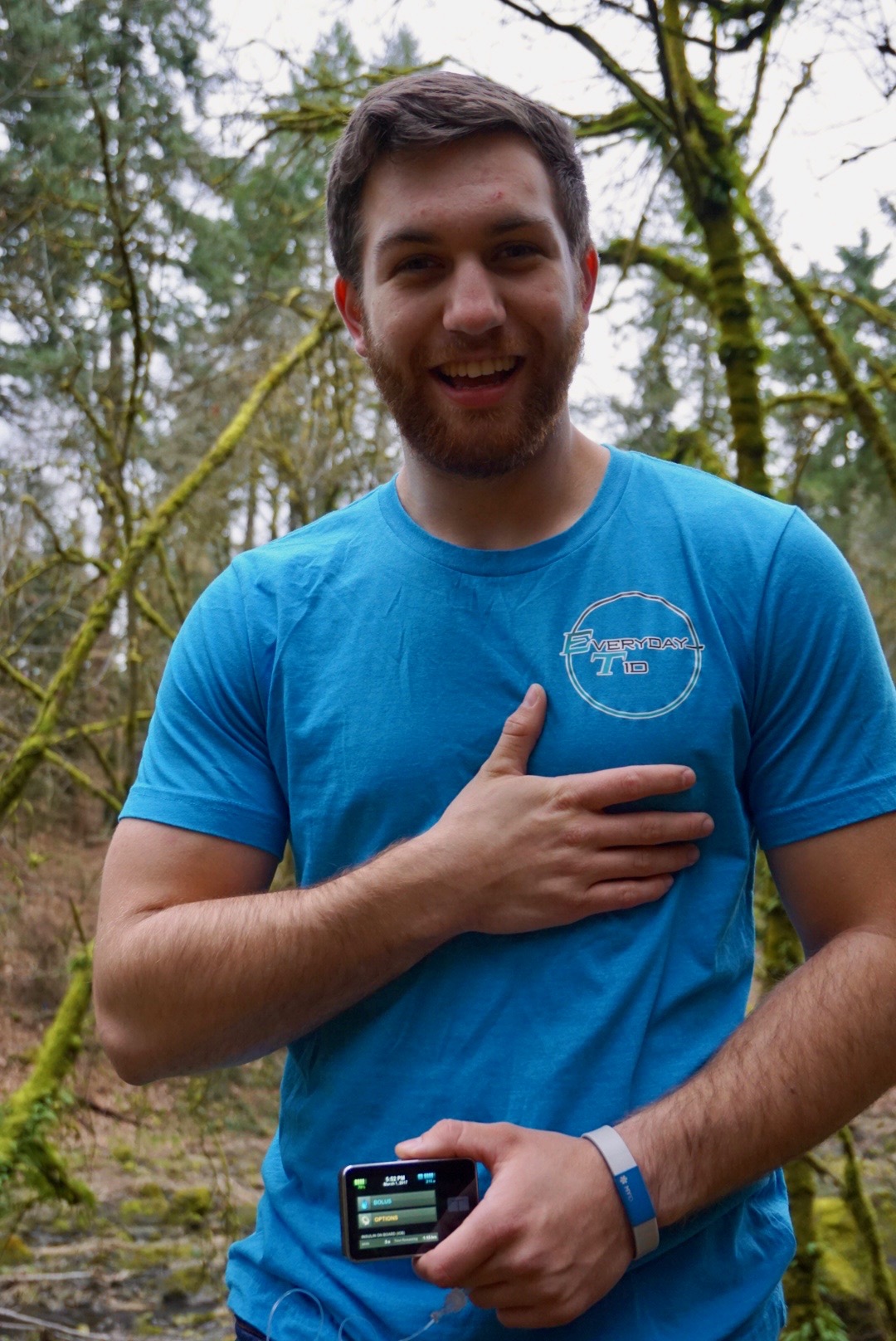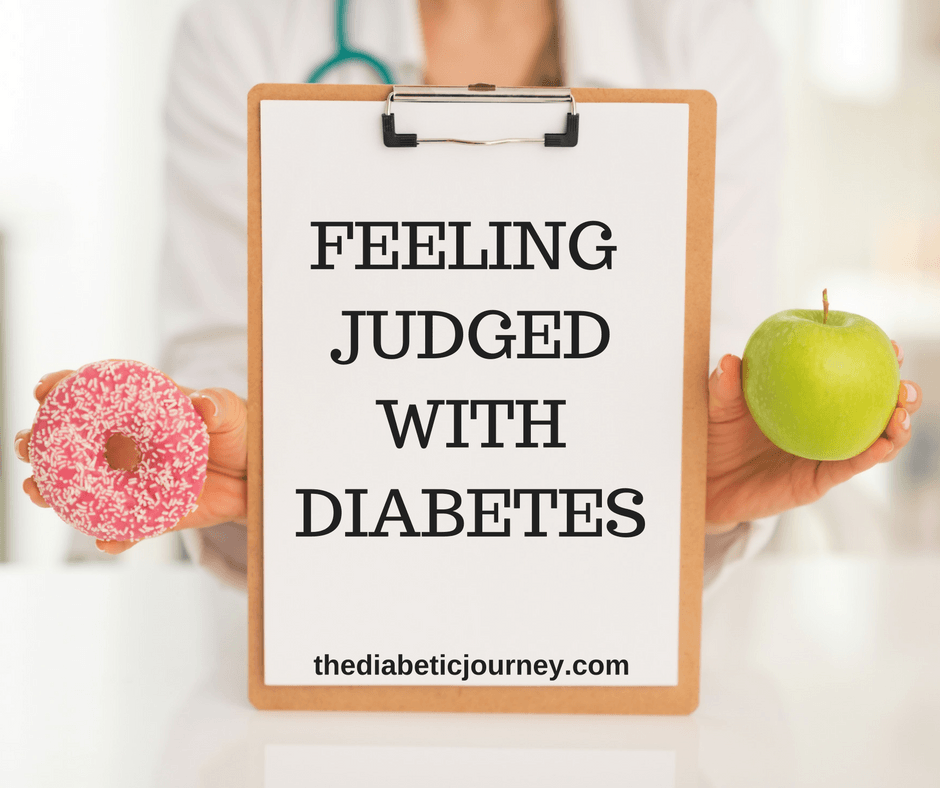I’ve Got 99 Problems, And Insurance Is One
By: Angela Boeddeker
I’ve been denied by Anthem insurance for a new up to date insulin pump. Anthem states the insulin pump is investigational.. NOT a medical necessity. The Medtronic 670 G insulin pump would allow me to live a little less stressed.. Help me sleep with a little more ease. Let me finally have some confidence in my form of insulin therapy.
I’ve been pumping for a whopping 7 months and if you lived in my home, you would know the TREMENDOUS difference this has made in my life. My A1C has dramatically decreased at every doctors visit since beginning the pump, too, but let’s be honest here, Anthem doesn’t have a clue!
The 670 G insulin pump is the first of its kind. With the ability to adjust and even stop the amount of insulin being released.. Wait for it… WITHOUT ME!
The 670G has a blood glucose target range of 120. Once the also newly upgraded Guardian Sensor 3 detects my BG is declining, it changes the amount of insulin being released so I won’t have to worry about severely dropping below 70 for my insulin pump to suspend itself.
The last 2 words of the previous sentence speak loudly to me, as it should to you. Why on earth would i want to suspend my lifeline? And for that matter, if my insulin pump suspends in the middle of the night, it will not resume for 2 hours on it’s own. (Hello, glucose readings over 300!)

Diabetes is the MOST difficult, but ghostly disease ever heard of in my personal opinion. Just because we look ok (unless we are rocking off the usual 3-5 hours of sleep because the blood sugars kept lifting our heavy eyelids with beeps, vibrations and chirps every time our restless minds dosed off to place of no disease) doesn’t mean we feel ok.
Why limit a person from receiving any possible chance of living a more balanced and enjoyable life?
The Medtronic’s 670 G news was a tearful article to read—happy tears though. I truly thought, ” Angela, this may be your way to live a little more like the rest, a chance to battle with the best, and its about time you got this off your chest”.
So, here’s looking at you million and one insurance companies, dig a little deeper to the reasons for our submissions of countless claims, repeated phone calls and an abundance of emails. We just want to live a long, non medically consumed life! Not to mention a just a good night’s rest!







